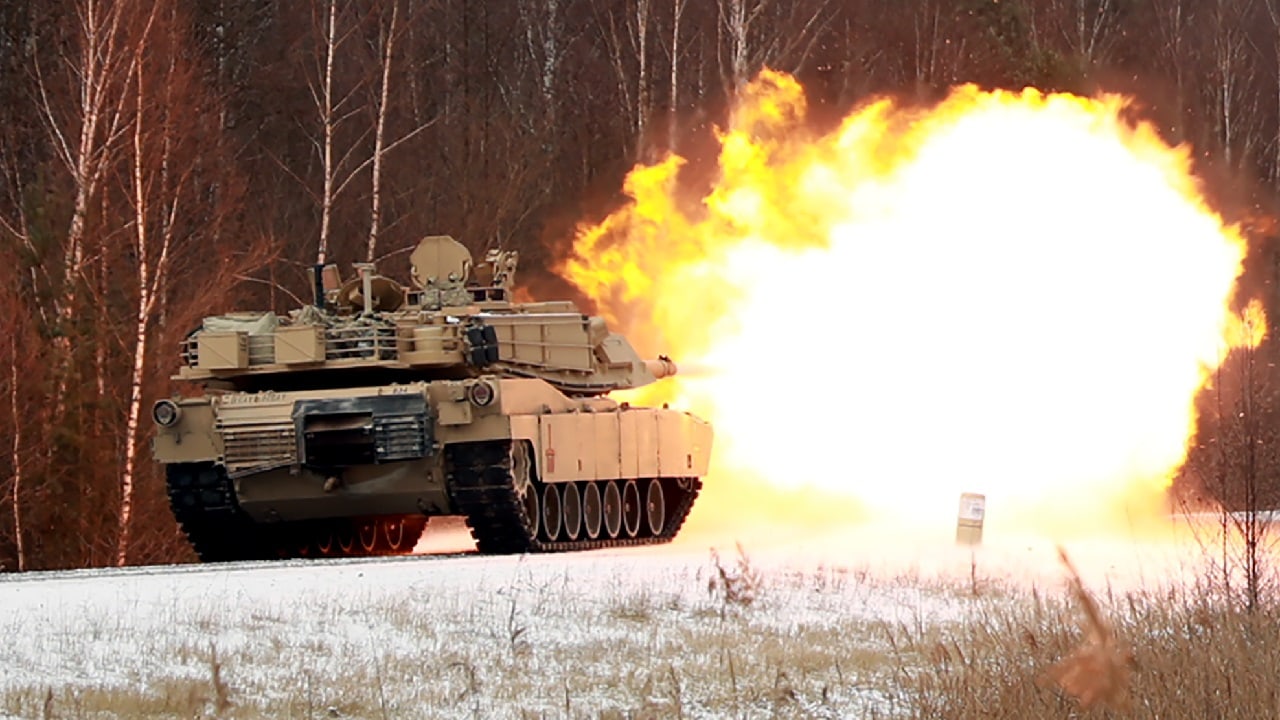Trafalgar Square, London, 24 February 2024: Hundreds converge in the heart of London under a sea of yellow and blue. On the second anniversary of Russia’s illegal invasion of Ukraine, this is a poignant reminder that the Ukrainian cause still enjoys widespread support.
Indeed, this vigil attracted not just Ukrainians, but many others, from Hong Kong to Belarus, sympathetic with the Ukrainian struggle. Moved by the speeches which took place, I spoke with members of these communities for their perspective on the war two years on.
Those I spoke to cared deeply about Ukraine and believed it was important to be active campaigners. Some attended to show Ukrainians they are not alone in the fight for freedom, while others aimed to help keep media attention on the war.
Some even stood in solidarity due their country’s own struggles with authoritarianism. A Lithuanian woman I spoke with said she saw Ukraine as a shield standing between Russia and Eastern Europe. Reflecting on her country’s Soviet past, she exclaimed ‘We bleed with Ukraine.’
Many Ukrainians present found solace and comfort. As well as a vigil, this was a celebration of their national identity – a national identity that is all the more important having felt ‘extracted like a plant’ from their homeland.
The collective presence in Trafalgar Square underscored the UK’s unwavering support for Ukraine in this war and represented a powerful expression of civil consciousness.
While Ukrainians may differ on various issues, including their preference for President, they are united in their determination to remind the West of the ongoing struggle against Russia.
In a war that was supposed to be easy for Russia, my compatriots have fought courageously, resulting in what can so far only be considered a humiliation for Moscow. Russian military capability has been significantly depleted.
There is a profound lesson in the resilience demonstrated by Ukrainian civil society in the last two years. We have encountered myriad tales of even some of the most unlikely heroes. Not least that of a Ukrainian grandmother thwarting a Russian drone with a jar of pickled tomatoes, or the teenagers defiantly drawing Ukrainian national symbols and gathering intelligence in Crimea.
These stories, often intertwined with myths, serve to elevate morale and bolster resistance against the aggressor. However, beyond the folklore lies an indisputable reality: Ukrainians stand resolute, unwilling to relinquish their freedoms and firmly holding onto their weapons in defiance.
The freedom enjoyed in the United States and Europe should not be taken for granted. In the current global landscape, the world faces its most substantial challenge to global peace and security since World War II. As we mark the second anniversary of Russia’s full-scale invasion of Ukraine, it is clear that the expansionist aims of our enemies does not stop there.
Support must not stop now. The U.S. Senator Mitch McConnell, a committed advocate for Ukraine, boldly declared, ‘it is not an act of charity for the United States and our NATO allies to help supply the Ukrainian people’s self-defence. It is a direct investment in our own core national interests.’
Now more than ever, nefarious actors like Putin are studying our level of patience and commitment to our allies. As popular opinion on Western support for Ukraine becomes more divided, the Kremlin will undoubtedly seek to exploit the cracks in our resolve.
Russia’s failure to decisively conquer Ukraine will make authoritarian regimes think twice about military action against democracies, which why is our continued support is so important – not just to those at the vigil, but to the future of liberal democracy itself.
About the Author
Mykola Kuzmin is the Operations Manager at the Henry Jackson Society and a volunteer at the Ukrainian Institute, London. Mykola was also one of the youngest participants and activists in the Ukrainian Revolution of Dignity.

